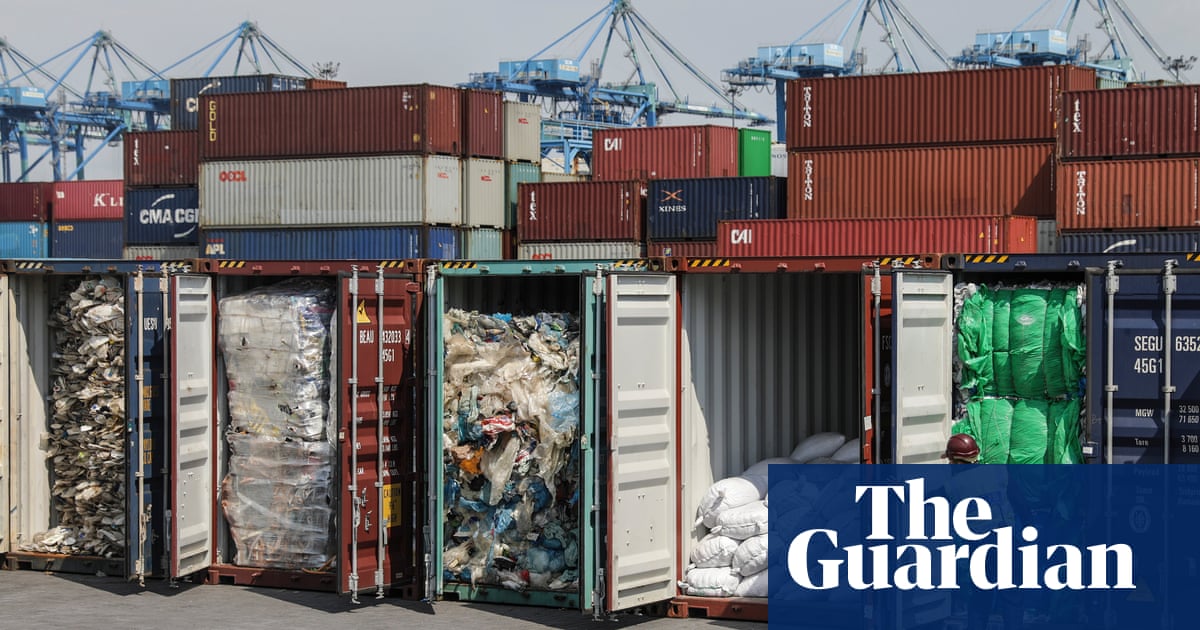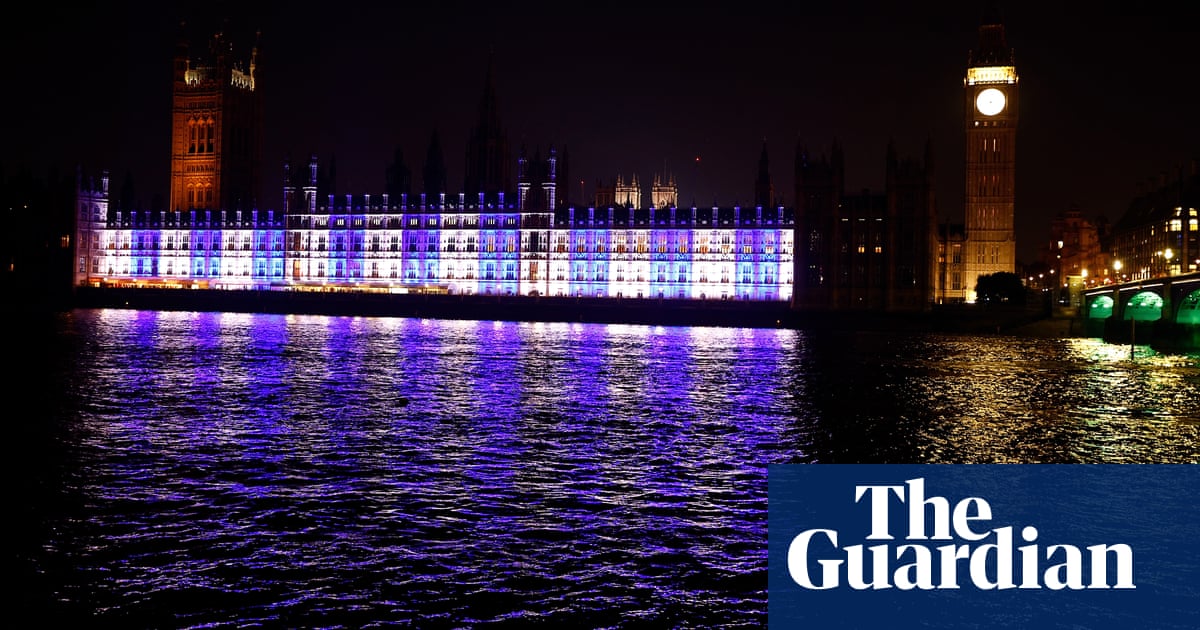
Campaigners are urging the UK government to ban the export of plastic waste to all countries, invest in a domestic recycling industry, and set a binding target for plastic reduction.
Activists are pushing for the environment bill – which is returning to parliament on Wednesday – to be strengthened to tackle more effectively the global plastic waste crisis.
Greenpeace, which revealed last week how plastic waste from seven major UK supermarkets was being burned and dumped in Turkey rather than being recycled, wants ministers to ban all exports of plastic by 2025. Other campaigners also support prohibition of all plastic waste exports. But some warned that without adequate enforcement, this kind of ban would be merely “headline grabbing”.
The bill contains a ban on exports of plastic waste to developing – or non-OECD - countries. But the prohibition continues to allow plastic waste to be sent to those developing countries that ask for it.
Sian Sutherland, of A Plastic Planet, said this loophole needed to be closed, and the bill needed to go further and end the export of plastic waste to all countries.
Sutherland said it was no coincidence that Turkey – an OECD country – had become the UK’s top destination for plastic waste since it became clear to the waste industry they would no longer be allowed to export to developing nations.
“We must now step up and own our own waste. We need to end the export of plastic waste to all countries,” said Sutherland. “Nothing short of a total ban on exports will be properly effective; also supported by a ban for incineration, which is just the burning of fossil fuel.”
Despite ministers’ promises of a “green Brexit”, the UK has fallen behind Europe in the battle to tackle the global plastic waste crisis.
More than half of the plastic rubbish the British government says is being recycled is sent overseas, often to countries like Turkey, without the necessary infrastructure to deal with it in an environmentally sustainable way.
EU countries, meanwhile, have enacted a ban on sending plastic packaging waste to developing countries in January. “We are way behind on this,” said Sutherland.
In the last two years Turkey, an OECD country with a recycling rate of just 12%, has become the primary destination for UK plastic trash.
UK exports to the country increased from 12,000 tonnes in 2016 to 209,642 tonnes in 2020, about 30% of the UK’s plastic waste exports. On Tuesday, Turkey said it would ban the imports of most types of plastic waste in 45 days’ time after the revelations from Greenpeace, whose investigators found that far from being recycled, plastic waste from leading British supermarkets was dumped, burned, piled into mountains and left to spill into rivers and the sea.
Green Alliance, an independent thinktank, said these kind of exports were already a breach of the Basel convention, which makes it illegal to export plastic waste to countries if there is a belief that it will not be handled in an environmentally sound manner.
Libby Peake, the head of resource policy at Green Alliance, said any ban on exports would be effective only if there was investment in monitoring and enforcement.
“Our biggest concern would be if they decided to announce a ban on exports as a headline-grabbing measure and then didn’t put in place adequate enforcement of it. The UK has a troubled track record when it comes to monitoring the exports already – we are already breaking the international Basel convention.
“What must happen is that existing and future regulations are monitored and enforced.”
Peake said it was vital also to invest in domestic recycling infrastructure and create systems of reuse and refill to cut back on the amount of plastic the UK uses. “We should be ensuring that we reduce our use of plastic in the first place and get in place the right infrastructure to handle our waste in this country,” she said.
Per capita, the UK is the second biggest producer of plastic waste in the world, after the US.
Sutherland said reducing the use of plastic was crucial. What was needed in the bill was a target on plastic reduction, she said. “There are no targets to reduce our plastic use, how can we measure this if we don’t have a target to say what success is?”
The British Plastics Federation, the industry body, said it supported the move away from exporting plastic waste. Stephen Hunt, the BPF membership services director, said: “The environment bill will create new powers to stop exports of plastic waste to developing countries. The plastics industry supports this, and supports introducing tough measures to prevent export-related fraud, as well as enforcing existing regulations to ensure that exported plastic waste is handled in an environmentally sound manner.
“It may seem surprising, but the industry has actually been calling for years for the UK to reduce its reliance on exporting plastic waste for recycling, and the BPF’s recycling roadmap … shows how the UK can more than halve the amount of plastic waste it exports, eliminate the export of low-quality material and reduce plastic waste going to landfill to 1% by 2030.”
Megan Randles, a Greenpeace political campaigner, said: “The environment bill gives the government an opportunity to set targets to reduce single-use plastic by 50% by 2025. Our evidence of UK plastic waste being dumped and burned in Turkey illustrates why the government must use the powers within the environment bill to ban all plastic waste exports.
“Before claiming to be a global leader on plastic pollution we need to stop being a global polluter.”












